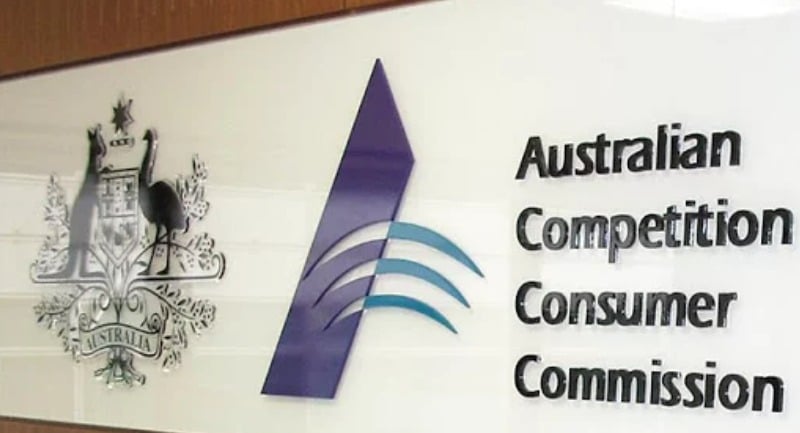Alice Sharma, the 2024 Freya Phillips Scholar and Global Voices’ World Bank and IMF Fellow, is calling for a major update to Australia’s competition laws to address the growing risks posed by AI-driven pricing algorithms.
In a new policy paper titled Proactive Antitrust: Expanding the Australian Regulatory Toolbox to Manage Algorithmic Pricing Risks, Sharma warns that existing laws are not equipped to prevent emerging forms of digital market manipulation.
Understanding algorithmic collusion
At the heart of Sharma’s proposal is the concept of “algorithmic collusion”, when pricing algorithms, even without explicit instructions, learn to coordinate prices across competitors.
The result: less competition, higher prices for consumers, and limited enforcement options for regulators.
While traditional antitrust laws target proven cases of collusion, Sharma argues that these reactive frameworks are too slow and outdated for algorithm-driven markets where harm can occur before regulators even detect a problem.
A proactive role for the ACCC
Sharma’s paper recommends expanding the powers of the Australian Competition and Consumer Commission (ACCC) to investigate digital markets proactively, even in the absence of a proven breach of the law.
This would bring Australia in line with similar powers granted to the UK’s Competition and Markets Authority.
Backing from Global Voices
Elly Hanrahan, CEO of Global Voices, endorsed the proposal, saying Sharma had “identified a very real risk to Australia’s fair economic playing field” and offered a “sensible and actionable pathway” to close the policy gap.
“The rapid growth of AI has outpaced Australian regulation, opening up new ways to get around consumer protection laws,” Hanrahan said.
Sharma’s full policy paper can be accessed here.
